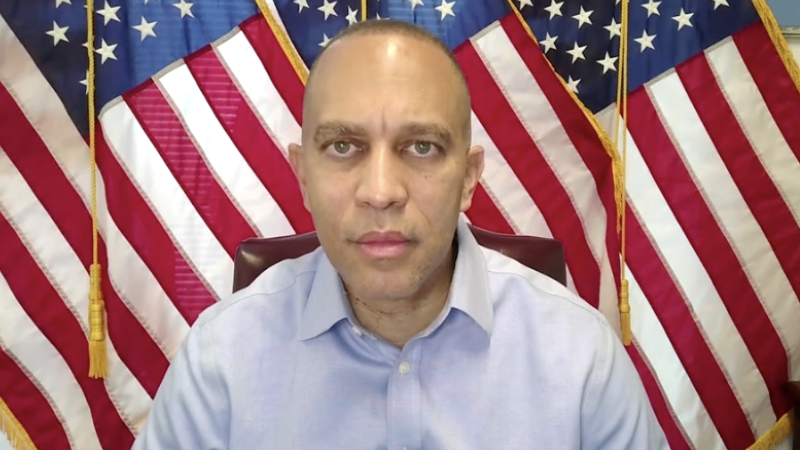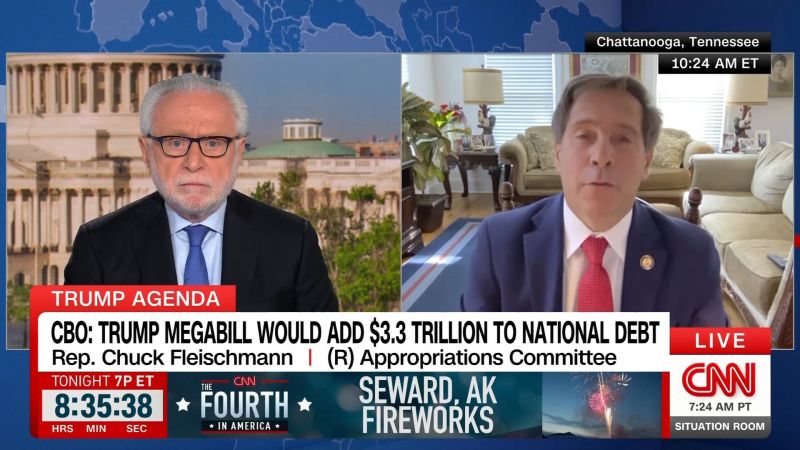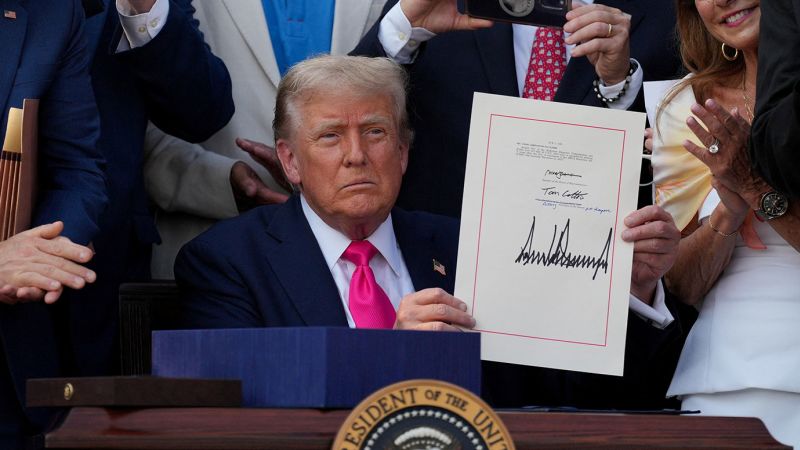Jeffries Urges Trump to Dismiss Hegseth Over Ukraine Aid Pause

House Minority Leader Hakeem Jeffries (D-NY) called for the dismissal of Defense Secretary Pete Hegseth following revelations about a pause in weapons shipments to Ukraine. According to a report by CNN, Hegseth authorized this pause without prior notification to the White House, raising concerns among lawmakers and analysts.
The report cites five sources familiar with the situation, highlighting a significant breakdown in communication within the administration. This incident has sparked a wave of criticism directed at Hegseth, with Jeffries asserting that such actions undermine U.S. support for Ukraine amid ongoing conflict with Russia.
Political Repercussions and Calls for Accountability
Jeffries emphasized the urgency of the matter, stating, “President Trump should fire Hegseth immediately.” His comments reflect a growing discontent among Democrats regarding the handling of military aid to Ukraine, a key aspect of U.S. foreign policy. The House Minority Leader’s statement underscores the potential political fallout from the decision to halt shipments, especially as Congress grapples with budgetary issues related to military funding.
The pause in aid comes at a critical moment, as Ukraine continues to face significant challenges in its defense against Russian aggression. Experts warn that any disruption in support could have serious implications for the country’s ability to maintain its sovereignty.
Additionally, Jeffries’ call to action aligns with broader concerns from within the Democratic Party regarding the administration’s commitment to supporting Ukraine. As lawmakers prepare for upcoming discussions on defense funding, the issue is likely to remain a focal point of debate.
Implications for U.S. Foreign Policy
The decision to pause weapons shipments raises questions about the administration’s strategy towards Ukraine and its allies. This move has drawn scrutiny from various political factions, suggesting a potential divide in approaches to foreign policy within the current administration. Critics argue that such unilateral decisions could alienate international partners and diminish U.S. credibility on the global stage.
In light of these developments, the Biden administration faces increasing pressure to clarify its stance on military support for Ukraine. The importance of maintaining a united front in international alliances has never been more critical, particularly as geopolitical tensions continue to escalate.
As the situation unfolds, it remains to be seen how the administration will respond to the calls for accountability and whether any changes will be made in the leadership within the Department of Defense. The coming days may prove pivotal for both U.S. foreign policy and the administration’s standing among congressional leaders.






